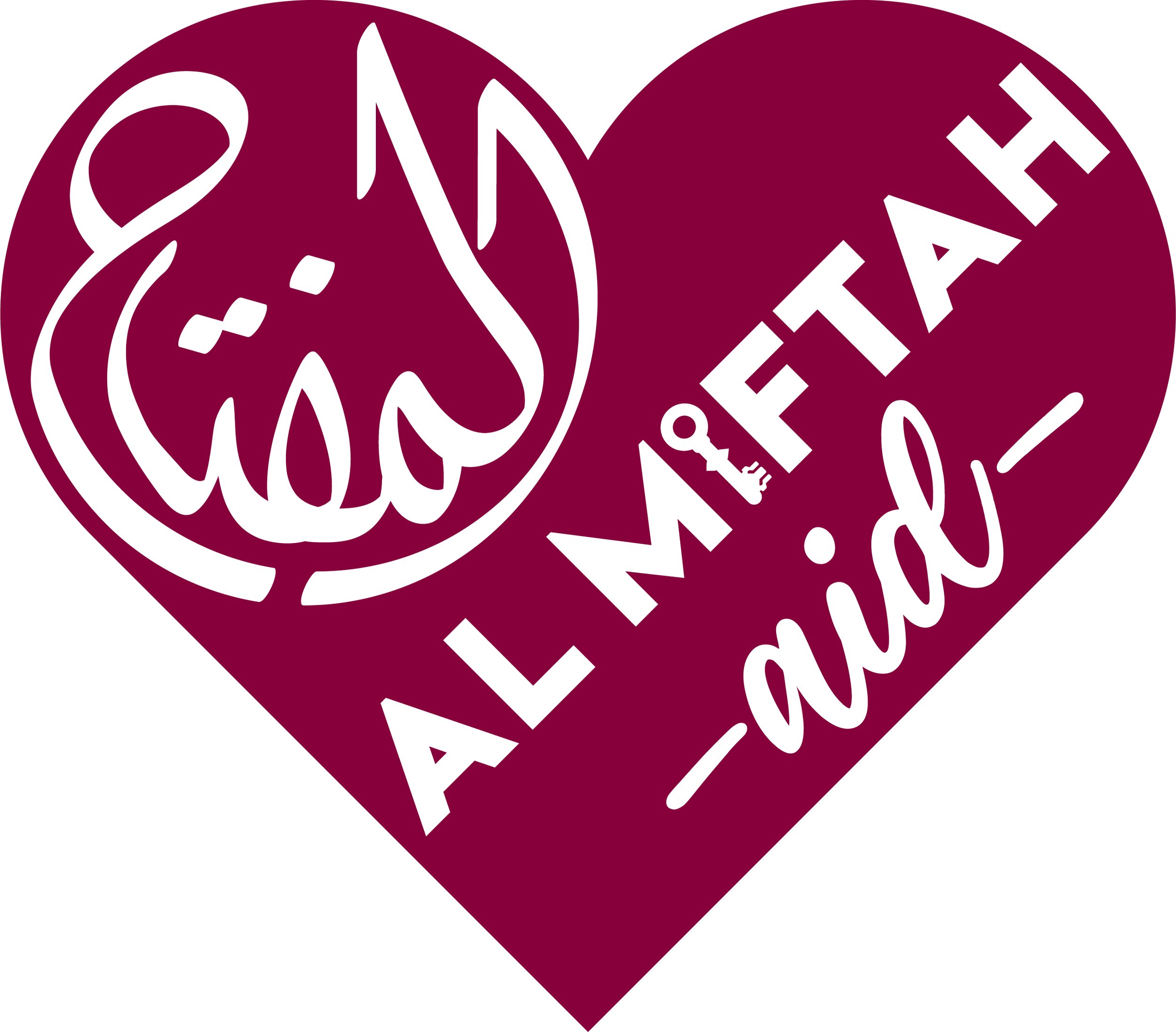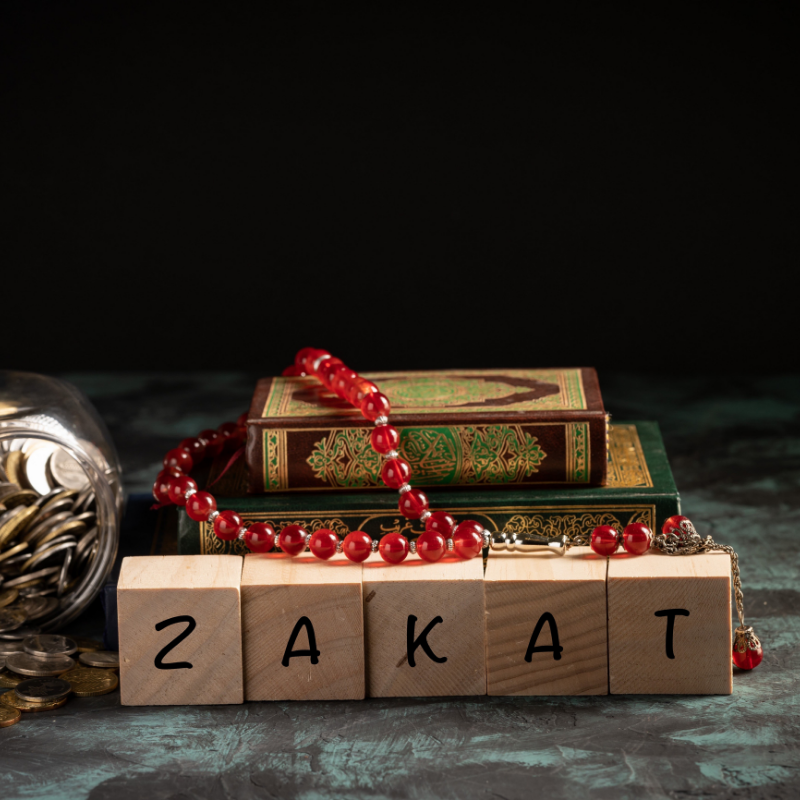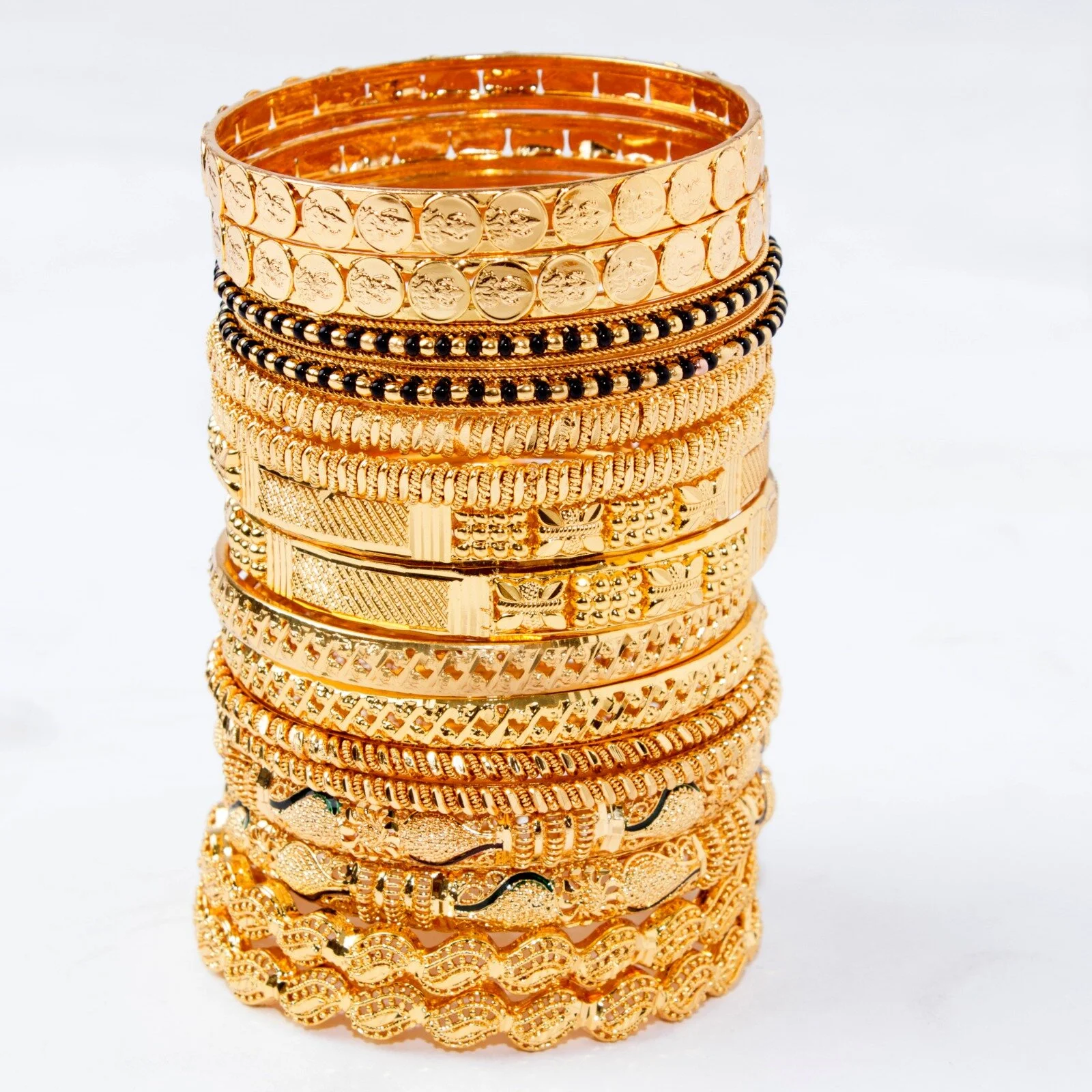Give Zakah 2024 - Ethical & Transparent Charity
Zakat (obligatory charity), is the second Pillar of Islam and has been mentioned alongside Salah (obligatory prayer) more than 30 times in the Qur’an. For every sane, adult Muslim who owns wealth equivalent to a certain amount or above – known as the nisab – he or she must pay 2.5% of their total wealth as Zakat.
Zakat Calculator
“And establish prayer (Salah) and give the obligatory charity (Zakah): And whatever good you send forth for yourselves, you will find (its reward) with Allah” [Qur’an 2:110]
Much more than just a religious obligation, Zakah is a wealth tax that has the potential to totally relieve global poverty.
Who Must Pay Zakah?
The nisab (legal threshold) is the minimum amount of wealth a Muslim must possess before they become eligible to pay Zakat.
Gold and silver are the two values used to calculate the nisab threshold. The nisab is the value of 87.48 grams of gold or 612.36 grams of silver.
To calculate if your wealth reaches the nisab threshold:
- If you own only gold assets, you must calculate your threshold according to the nisab of gold (£4468.48 as of 23rd November 2023).
- If you own only silver assets, you must calculate your threshold according to the nisab of silver (£373.53 as of 23rd November 2023).
- If you own a variety of assets (which may include - but not exclusive to - liquid cash, properties bought for the intent of business, tradable goods, the value of stocks & shares), you must calculate the accumulative value and ascertain if it reaches the threshold of silver (£373.53 as of 23rd November 2023).
Please ensure any liabilities such as short-term debts and fractional values of long-term debts and immediate costs (such as bills, groceries, etc.) for the present month are deducted from your accumulative wealth.
Gold OR Silver OR Variety of Assets MINUS Debts MINUS Costs EQUALS Zakatable Wealth
Who Is Eligible To Receive Zakah?
There are eight categories of people who are eligible to receive Zakah:
The poor (one whose wealth is below the Nisab threshold)
The destitute (one who has nothing at all)
Administrators of Zakat (those involved in collecting and distributing Zakah)
To draw hearts closer to Islam
Those who have been enslaved (for a slave aspiring to purchase his freedom)
Those whose debt encompasses the entirety of their wealth
In the path of God
Wayfarers (one who lacks the means to access their wealth or return home)
“Alms are meant only for the poor, the needy, those who administer them, those whose hearts need winning over, to free slaves and help those in debt, for God’s cause, and for travellers in need. This is ordained by God; God is all knowing and wise.” [Qur’an 9:60]




